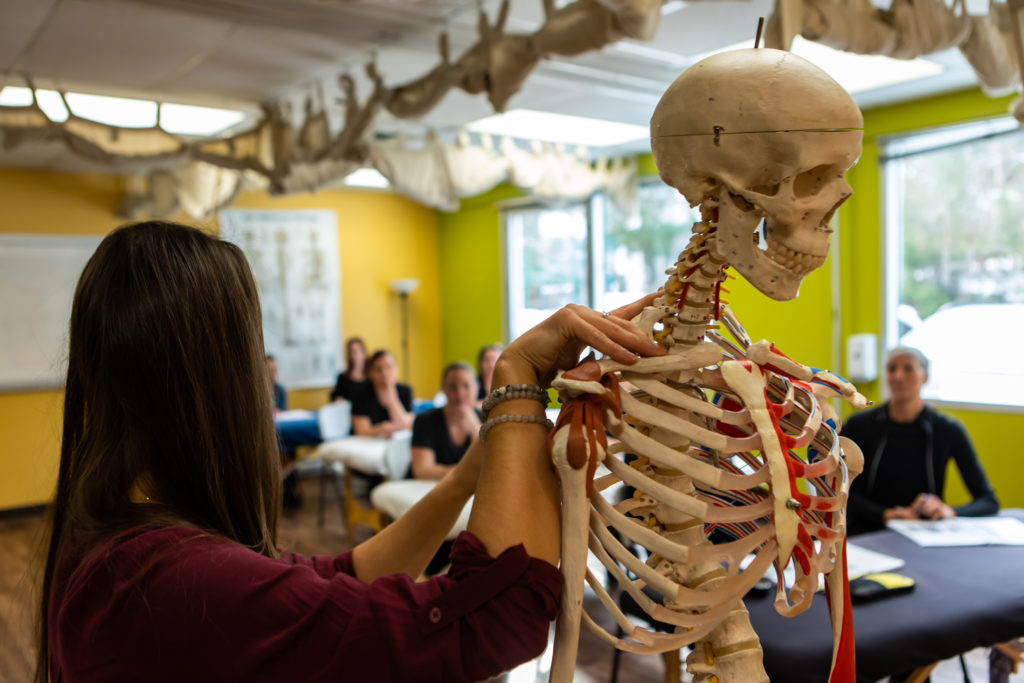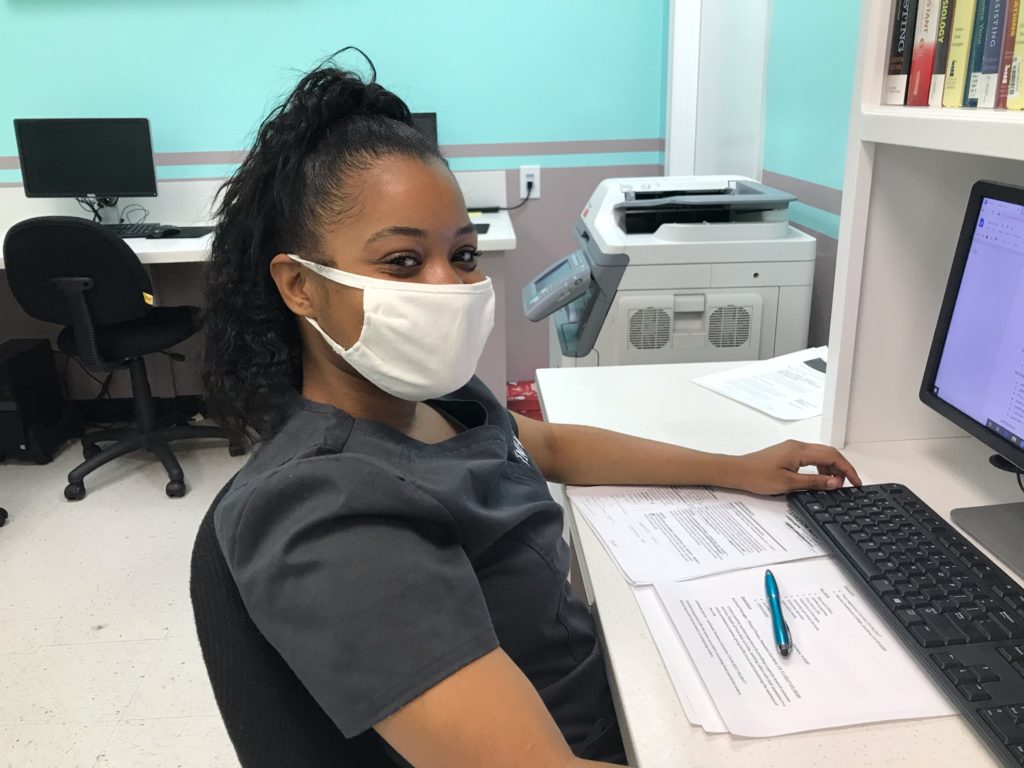While becoming a medical assistant is commonly viewed as an entry-level step toward a long medical career, few applicants fully understand what they’re committing to when searching for a medical assistant course. Day-to-day, medical assistants are expected to assist physicians with clerical, administrative, and medical tasks. This seems straightforward, but the areas of focus that prepare one for these tasks are not always clearly outlined.
At Montes HealthCare College, we provide our students with the comprehensive training they need to settle into their new vocations. Studying for and becoming a medical assistant is a big step, therefore it’s important to know what you’re in for before joining a medical assistant course. Outlined below are the basic fields of study you can expect to focus on during your MHCC education.
Basic Human Anatomy

In order to properly assist physicians, medical assistants need to have a grasp of anatomy and physiology. The field of anatomy focuses on the many parts and structures that make up the human body. Physiology discusses how and why these body systems work. This area of focus offers insight into why and when certain treatments are necessary as well as the basics of how to administer them.
Pharmacology
This focus outlines different medications and drugs. Knowing how certain medications react with the body and with each other is crucial to providing the best care and avoiding complications.
Blood Draws
Though typically handled by phlebotomy technicians, medical assistants are also provided with some knowledge on how to perform blood draws. Through proper study and practice, assistants can become proficient in performing phlebotomy duties and minimizing patient discomfort during procedures.
Basic Surgical Assisting
While surgery is something medical assistants are not often involved in, learning about the basic tools and procedures required during surgery can prove extremely beneficial. This is especially true for those interested in becoming nurse practitioners further down the line.
Medical Terminology & Abbreviations
A major focus of a medical assistant program is learning the medical terms and abbreviations commonly used within the medical settings. Doctor’s offices and clinics alike often rely on specific terms when communicating about patients, treatments, medications, procedures, and conditions. Studying these terms is essential to avoid filing and procedural errors.

Patient Care
Medical assistants are expected to interact with patients on a regular basis. Therefore, it is important for them to learn how to speak with and listen to people who visit the office. Moreover, under this focus, students are taught how to perform assessments, gather medical history, and check vital signs.
Administration
Administrative duties include scheduling appointments, understanding patient charts, and using medical software. This is essential for regulating the everyday function of the clinic or office of employment.
Externship
Externships provide students with an opportunity to test their knowledge in the field by interacting directly with doctors and other medical personnel. At Montes HealthCare College, externships account for a total of 160 hours of coursework.
Enroll At Montes HealthCare College Today
If you’re interested in learning more about what you can expect from a medical assistant course or would like to enroll in the program offered at our college, we encourage you to get in touch today! To get started, simply call us at (424) 373-8211 or send an email to info@monteshcc.com. We look forward to joining you on your journey to success!
FAQ
How Long is a Medical Assistant Course?
The time it takes to complete a medical assistant course depends on the format you choose. At Montes HealthCare College, we offer two flexible options to fit different schedules and learning styles.
Our in-person program takes about 6 months to complete. It’s a full-time, hands-on experience ideal for students who prefer face-to-face instruction and a faster track into the field.
For those balancing work or other commitments, we also offer a hybrid program. This class takes approximately 8 months to finish.
How Much Does a Medical Assistant Course Cost?
The Medical Assistant Program at Montes HealthCare College costs approximately $7,500. That price includes everything. There are no hidden fees. When you enroll, you’ll get all your course materials up front, so you’re ready to go from day one.
Worried about how to pay for it? We’ve got you covered. We’ve partnered with Climb Credit Tuition Financing to offer flexible payment plans tailored to your budget. These plans are great for those who are looking for affordable medical assistant courses.

